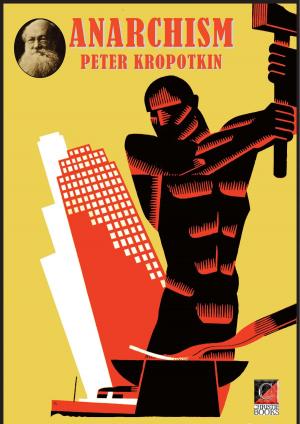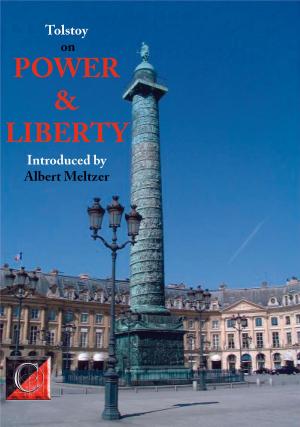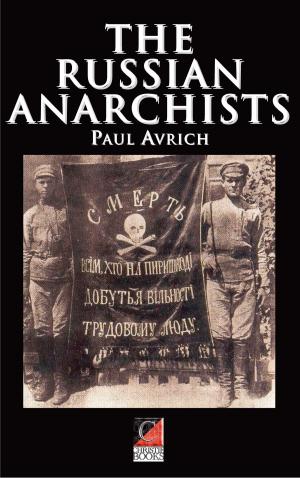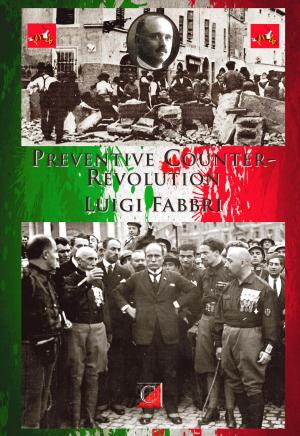OH! WHAT A LOVELY WAR
When War Became 'Not Only Inevitable But Also Desirable'
Nonfiction, History, Military, World War I, European General, British| Author: | Stuart Christie | ISBN: | 1230000272828 |
| Publisher: | ChristieBooks | Publication: | October 8, 2014 |
| Imprint: | ChristieBooks | Language: | English |
| Author: | Stuart Christie |
| ISBN: | 1230000272828 |
| Publisher: | ChristieBooks |
| Publication: | October 8, 2014 |
| Imprint: | ChristieBooks |
| Language: | English |
WITH THE CURRENT centennial chatter on the whys and wherefores of the First World War, not much has been said about the preceding general European social crisis as a force for international tension in 1914. The debate on the origins of the war has long revolved around ascribing responsibility for the bloody conflagration on this or that state or on the breakdown of the standard operating procedures of the various alliance systems of the great powers. 1 The other main focus of historical attention has centred on the Marxist-Leninist theory of imperialism, which contends that international rivalry, aggravated by the need for markets and sources of raw materials, made the war inevitable. Marxist historian A.L. Morton (A People’s History of England, 1976) has highlighted some of the key points of conflict around which the international politics of the period turned: trade rivalry between Britain and Germany; the economic struggle between France and Germany over the iron deposits in eastern France and the coal mines of western Germany; Russia’s desire for easier access to the Mediterranean. These problems had, however, existed for some time and, in spite of the series of international crises which marked the decade prior to 1914, none, as James Joll (Europe Since 1870, 1983) has pointed out, had led to violent conflicts. Not one of the great powers had been prepared to go to war for the purely selfish, local interests of any one of the Balkan states as against its neighbours. What then differentiated the situation in July 1914 from other similar crises, and initiated the process that many people throughout Europe had been predicting for the past nine years? Perhaps one answer lies in an additional contending factor — the rising curve of social discontent throughout Europe that marked the early years of the twentieth century.
WITH THE CURRENT centennial chatter on the whys and wherefores of the First World War, not much has been said about the preceding general European social crisis as a force for international tension in 1914. The debate on the origins of the war has long revolved around ascribing responsibility for the bloody conflagration on this or that state or on the breakdown of the standard operating procedures of the various alliance systems of the great powers. 1 The other main focus of historical attention has centred on the Marxist-Leninist theory of imperialism, which contends that international rivalry, aggravated by the need for markets and sources of raw materials, made the war inevitable. Marxist historian A.L. Morton (A People’s History of England, 1976) has highlighted some of the key points of conflict around which the international politics of the period turned: trade rivalry between Britain and Germany; the economic struggle between France and Germany over the iron deposits in eastern France and the coal mines of western Germany; Russia’s desire for easier access to the Mediterranean. These problems had, however, existed for some time and, in spite of the series of international crises which marked the decade prior to 1914, none, as James Joll (Europe Since 1870, 1983) has pointed out, had led to violent conflicts. Not one of the great powers had been prepared to go to war for the purely selfish, local interests of any one of the Balkan states as against its neighbours. What then differentiated the situation in July 1914 from other similar crises, and initiated the process that many people throughout Europe had been predicting for the past nine years? Perhaps one answer lies in an additional contending factor — the rising curve of social discontent throughout Europe that marked the early years of the twentieth century.















